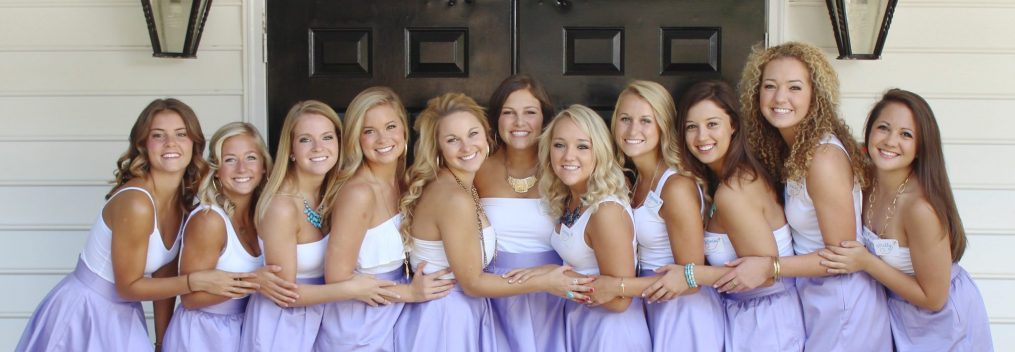http://www.japantoday.com/category/politics/view/diet-oks-change-to-allow-voting-at-stations-malls
TOKYO —
The Diet has enacted a law that allows voters to cast their ballots for national and local elections at polling stations to be set up at train stations and commercial complexes such as shopping malls.
The government-sponsored bill to revise the Public Offices Election Law passed a House of Councillors plenary session with the backing of the ruling Liberal Democratic Party and its coalition partner, the Komeito party, as well as the Democratic Party and other opposition parties.
Hoping to raise voter turnout, the revised law also enables local governments to extend polling hours for people wishing to vote before an election day. Under the amended legislation, local governments can open polling stations by up to two hours earlier from the current 8:30 a.m. or close them by up to two hours later from 8 p.m.
The revision will take effect June 19, meaning that it will apply to this summer’s upper house election.
According to the revised law, local authorities can set up “common voting stations” on election days in high-traffic locations such as train stations, shopping centers and other public facilities, in addition to current polling stations.
At present, people are allowed to vote on an election day at only one place, usually a school or public office in the neighborhood where they live, designated by election administration authorities.
In some municipalities, people can already cast votes before an election day at commercial complexes and other places, but not on a voting day.
The legal change coincides with enforcement the same day of the lowering of the voting age to 18 from the current 20. With the move, about 2.4 million people aged 18 and 19 will newly become eligible voters.
© KYODO

